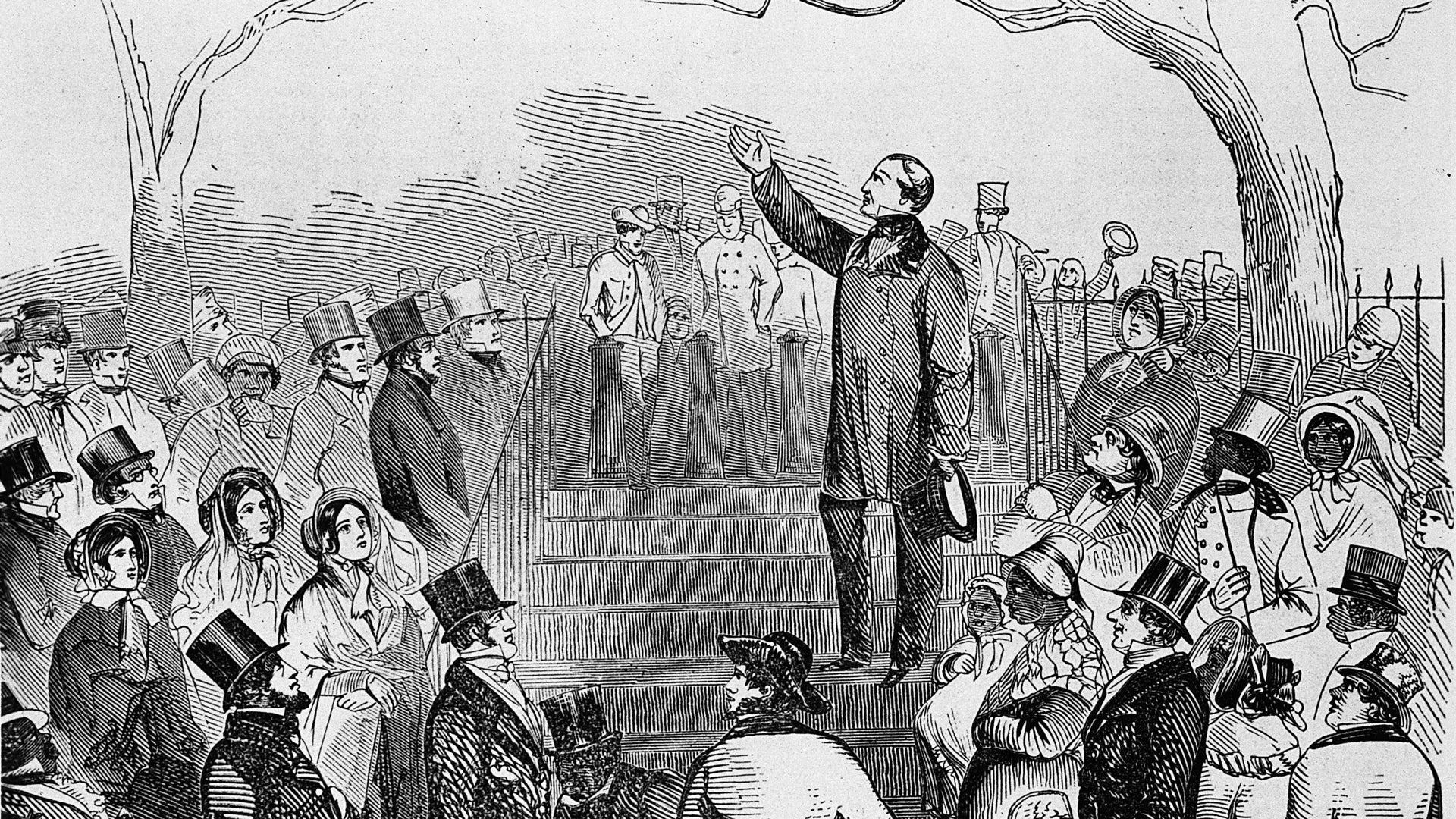War—an enduring scourge that has marred human civilization since its inception. What if, for a moment, we entertained the notion that the complete abolition of war is not just a whimsical dream but a tangible possibility? The Bahá’í teachings present a compelling case for this lofty aspiration, urging adherents and seekers alike to participate in the collective evolution of humanity towards peace. This article delves into the Bahá’í perspective on the abolition of war, examining the underlying principles, practical implications, and the vital role individuals can play in this noble quest.
Understanding the Bahá’í Vision of Peace
The foundation of the Bahá’í Faith rests on the principle of unity—unity of humanity, unity of religions, and unity of thought. This overarching aim invites a thorough reevaluation of how we engage with one another on a global scale. According to Bahá’í teachings, the disintegration of societal structures due to conflict is attributable to humanity’s failure to recognize its inherent interdependence. As reaffirmed by Bahá’u’lláh, the founding figure of the Faith, “The earth is but one country, and mankind its citizens.” This elegant assertion encapsulates the call for a collective consciousness that transcends national boundaries and embraces the world as a unified entity.
Imagine for a moment a world where international disputes are resolved through diplomacy rather than the battlefield. This vision is not merely aspirational; it is a deliberate mandate embedded in the Bahá’í teachings. The Faith identifies several key principles that elucidate this vision.
The Oneness of Humanity
The principle of the oneness of humanity posits that all individuals, regardless of race, nationality, or creed, are part of an interconnected web of existence. This concept challenges the divisive ideologies that often incite war. By fostering understanding and empathy amongst diverse peoples, Bahá’ís believe it becomes increasingly untenable to justify violence as a means of conflict resolution.
The Role of Justice
Justice stands as a cornerstone in all Bahá’í teachings. A just society is one where grievances are addressed equitably, and all individuals are afforded their due rights. The pursuit of justice necessitates an examination of the systemic inequalities that often precipitate conflict. Bahá’ís advocate for proactive measures to eradicate injustices in society, thus laying a foundation for peaceful coexistence.
Universal Education
Education emerges as a quintessential tool for fostering peace. The Bahá’í teachings emphasize that education must be universal and accessible to all, irrespective of gender or socioeconomic status. An educated populace is better equipped to engage in constructive dialogue and possess the cognitive resources to solve problems amicably. By nurturing critical thinking skills and ethical considerations within the educational framework, societies can cultivate a culture that prioritizes peace over war.
Promoting Global Governance
In an increasingly interconnected world, the need for robust global governance structures becomes paramount. Bahá’í teachings advocate for a system of world governance that transcends nationalistic interests and facilitates collective decision-making. Such governance would be designed to address global challenges, from climate change to humanitarian crises, ensuring that cooperation prevails over conflict.
Engagement and Action: A Bahá’í’s Responsibility
With these core principles elucidated, one might ponder: what is the practical application of these teachings in the face of current global tensions? This beckons a call to action. Bahá’ís believe that cultivating a peaceful society necessitates proactive engagement in community life and global affairs. Individuals and communities are urged to participate in peace-building initiatives that reflect these core values.
One avenue for action is through dialogue—both local and international. Constructing platforms for open communication allows for the resolution of misunderstandings and the dismantling of prejudices that often incite conflict. Peace panels, communal discussions, and educational workshops can serve as the crucible for transformative dialogue.
Furthermore, Bahá’ís are encouraged to advocate for policies that support disarmament and conflict resolution. By engaging with governmental and non-governmental organizations, individuals can take an active role in shaping a legislative landscape that promotes peace over warfare. Writing letters, attending advocacy events, and educating fellow citizens about the perils of armed conflict are vital components of this endeavor.
Building a Culture of Peace
The essence of abolishing war transcends mere cessation of hostilities; it embodies the cultivation of a culture of peace. Bahá’ís contribute to this culture by promoting values of compassion, empathy, and unity within their communities. Celebrating diversity and fostering an ethos of understanding can significantly reduce the likelihood of tensions escalating into conflicts.
As a community, Bahá’ís are called to exemplify these values in their daily lives, fostering relationships rooted in respect and mutual understanding. Simple acts of kindness, volunteering, and engaging in collective service projects can serve as powerful expressions of this commitment to peace.
A Call to Collective Action
The abolition of war is not relegated to the realm of abstract ideals; it is a pressing imperative that demands immediate collective action. As members of the global community, each individual is empowered to contribute to this sacred cause through their unique talents and capacities. The Bahá’í teachings serve as a guiding beacon, illuminating the path towards a more harmonious world.
In conclusion, the vision of a world devoid of war beckons not only our imagination but our active participation. It is incumbent upon individuals to embody the values espoused in the Bahá’í writings and work tirelessly towards the realization of a peaceful and just society. The teachings of Bahá’u’lláh remind us that, in unity, we can transform this world into a sanctuary of peace, not just for ourselves but for generations yet unborn.
